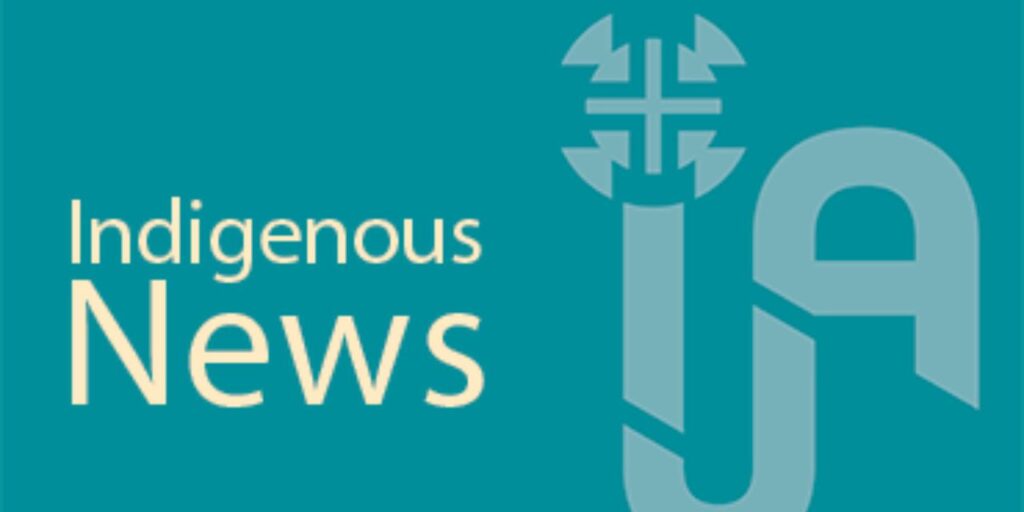
In a daring and strategic effort to shine a national spotlight on the plight of Abuja’s Original Inhabitants, the Network of Journalists on Indigenous Issues (NEJII) has unveiled a 15-month media campaign designed to challenge decades of systemic neglect, displacement, and exclusion of the FCT’s indigenous communities.
Backed by the MacArthur Foundation through the Resource Centre for Human Rights and Civic Education (CHRICED), the campaign aims to empower the media to shape public discourse, drive policy reform, and amplify the voices of Abuja’s native ethnic groups—including the Gbwari, Gwandara, Dibo, Gade, Ebira, Ganagana, Koro, and Nupe peoples.
In a joint statement released on Saturday by Mr. Adewale Adeoye, NEJII’s National Coordinator, and Mr. Ologeh Joseph Chibuzor, Programme Officer, the group stated that the project will strategically deploy media engagement, civic dialogue, and policy advocacy to reverse the longstanding marginalisation of Abuja’s indigenous population.
“Through media empowerment, policy engagement, and civic dialogue, NEJII will work with the media to bring the Original Inhabitants of Abuja to the center of public discourse and national development priorities. They have suffered in silence, and their voices in the valleys have not echoed enough to be heard,” the statement declared.
Key pillars of the campaign include the development of a journalist training manual, capacity-building workshops in Abuja and Lagos, production of advocacy materials, and targeted stakeholder engagement to push for inclusive policies that protect indigenous rights and preserve cultural heritage.
The group drew attention to Nigeria’s obligations under international treaties, such as the International Labour Organisation (ILO) Convention 169, which commits state parties to protect the cultural, social, and economic rights of indigenous populations.
According to NEJII, Abuja’s indigenous people have endured multiple layers of violations—ranging from loss of ancestral lands and deforestation, to terrorist invasions, and economic and political exclusion.
“Constructive media engagement is necessary to tell the stories of Abuja indigenous people within historical contexts that address their fears and aspirations,” NEJII emphasized.
The initiative will also include community visits, documentation of lived experiences, and the launch of storytelling initiatives to be circulated across both local and national media platforms. These stories are expected to serve as powerful tools of education, resistance, and advocacy.
Speaking on the broader vision of the campaign, Adeoye noted:
“This initiative is about giving a platform to historically silenced voices. It is also a call to action for the media and policymakers to recognize and uphold the rights and identity of Abuja’s Original Inhabitants.”
He added that recognizing indigenous communities is not just a matter of human rights, but a necessary step toward democratic consolidation and inclusive national development.
NEJII is calling on media practitioners, civil society organisations, government institutions, and the international community to join the movement for justice, fair representation, and sustainable development for Abuja’s long-overlooked Original Inhabitants.
Chronicles Reporters will be closely following this campaign, spotlighting voices from the grassroots and holding the system accountable for its promises and responsibilities.